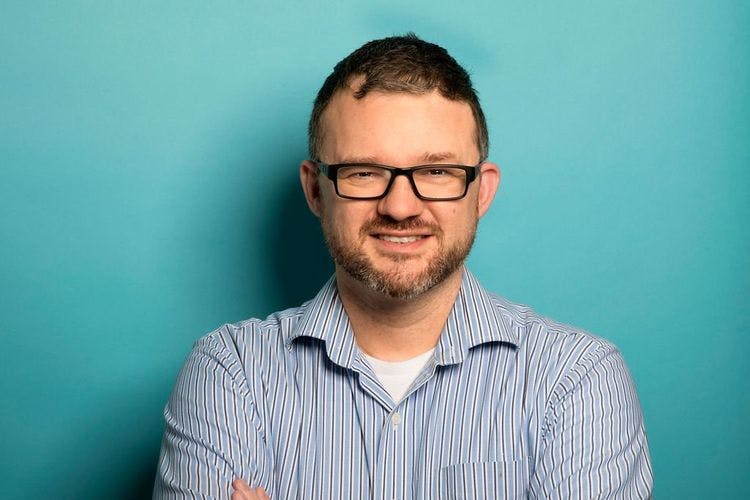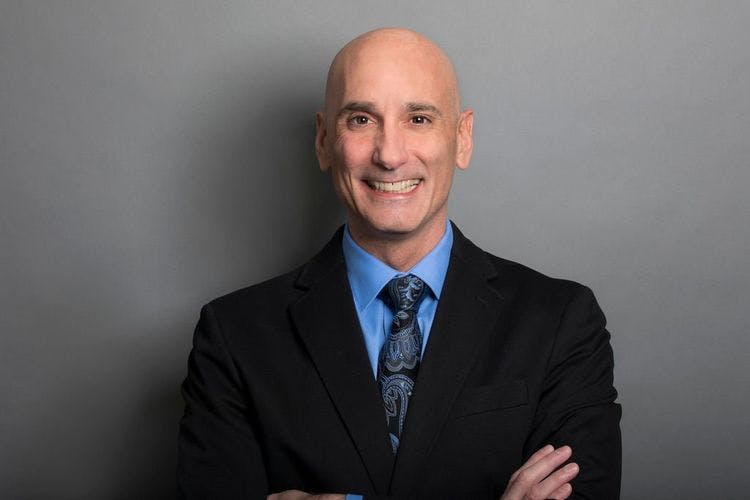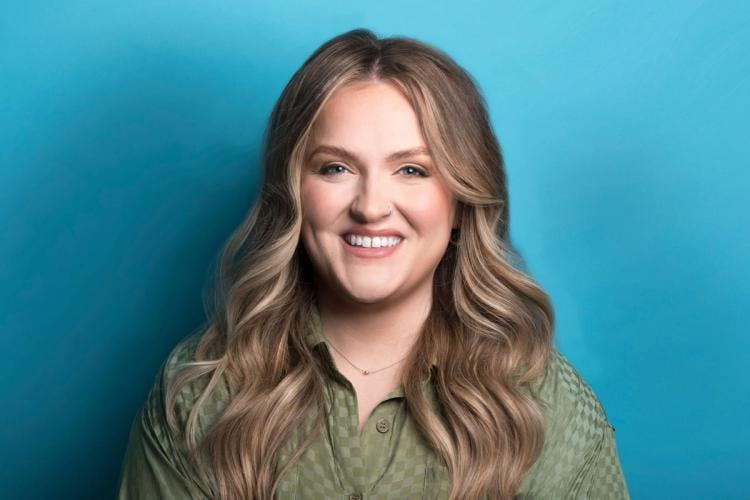Cognitive-behavioral therapy focuses on exploring relationships among a person’s thoughts, feelings, and behaviors. CBT actively reveals unhealthy patterns of thinking, beliefs, or behavior and how these patterns are negatively impacting an individual’s daily life. Through this work, individuals can begin to contract healthy ways of thinking, consequently contracting healthier behaviors and beliefs. CBT is highly goal-oriented and focused, and the client and therapist work together as collaborators toward mutually established goals. CBT is commonly a very structured type of therapy, with a specific number of intended sessions, depending on what is being treated. CBT therapy usually follows a manual that is to be followed each session, but again this depends on what is being treated and if the mental health professional chooses to utilize a manual.
Cognitive-behavioral therapy (CBT) is a short-term form of psychotherapy that addresses present issues, focusing on the thoughts, feelings, and actions of an individual. The underlying concept behind CBT is that our thoughts and feelings play a fundamental role in our behavior. CBT is a commonly used type of psychotherapy and is an evidence-based practice (EBP). An EBP is the integration of the best available research with clinical expertise in the context of patient characteristics, preferences, and culture. This allows for CBT therapy to be both effective and accessible. Cognitive-behavioral therapy can be used to treat various disorders and is appropriate for children, adolescents, adults, individuals, groups, families, and couples.
CBT stands out as a highly effective treatment modality for various mental health concerns due to its proven track record and versatile applications. Whether you are struggling with anxiety, depression, stress, phobias, or other issues, CBT can provide you with the tools you need to navigate your emotions, overcome obstacles, and foster personal growth. Here's why CBT might be the right choice for you:
Individuals can be assigned “homework” to do between sessions. That work may include exercises that will help individuals learn to apply the skills and solutions that are decided in therapy– to the way an individual thinks and acts in their day-to-day lives. CBT also utilizes role-playing activities, frequent feedback, gradual exposure to things that cause fear, etc. CBT can be used alone or in combination with other therapies like psychodynamic therapy, as well as with combinations of medications. Each type of cognitive-behavioral therapy offers its own unique approach, each centered on addressing the underlying thought patterns that contribute to psychological distress. For example, Rational Emotive Behavior Therapy (REBT) is a type of CBT that is centered on identifying and altering irrational beliefs. The process of REBT involves identifying the underlying irrational beliefs, actively challenging these beliefs, and finally learning to recognize and change these thought patterns.
CBT is a useful tool to address emotional challenges. For example, it may assist individuals with:
There are various mental health disorders that mental health professionals use CBT to treat. Some mental health disorders that may improve with CBT include:
At Clarity Clinic, we believe that everyone deserves a life of emotional well-being and fulfillment. Our CBT treatment area is designed to guide you toward lasting transformation, empowering you to overcome challenges and embrace a brighter future. Take the first step on your journey to mental wellness by reaching out to us today.


























































































































Our Services
Virtual/Online CarePHP and IOPAdult PsychiatryChild & Adolescent PsychiatryAdult TherapyChild & Adolescent TherapyCouples CounselingFamily TherapyGroup TherapyPsychological TestingTranscranial Magnetic Stimulation (TMS)Resources
Refer a PatientCareersClinical Training OpportunitiesOur ProvidersFree Mental Health TestsCommonly Prescribed MedicationsLocationsBlogIn The NewsClarity Through CharityClarity for AllQuick Links
Patient PortalFAQsAccepted InsurancesContact us